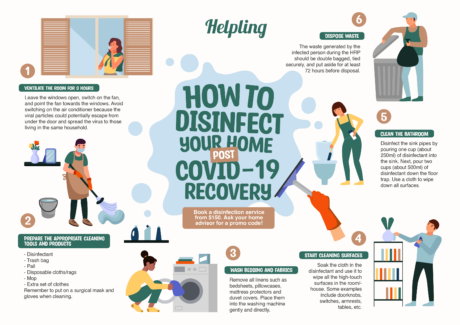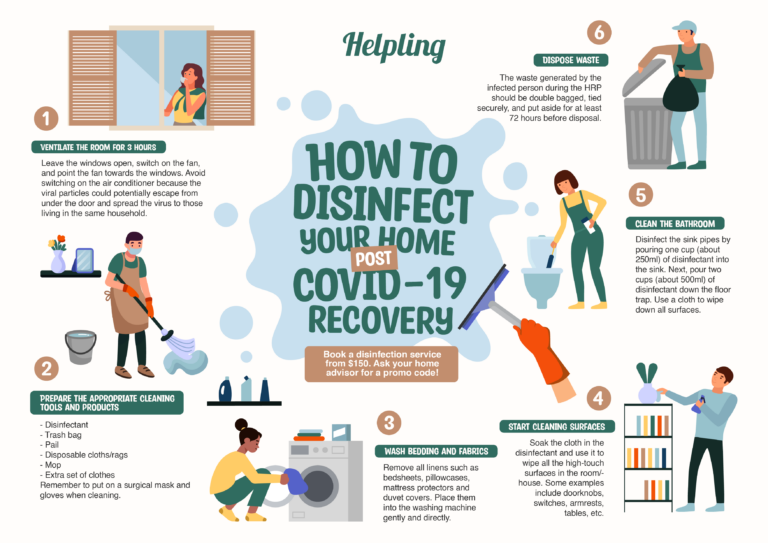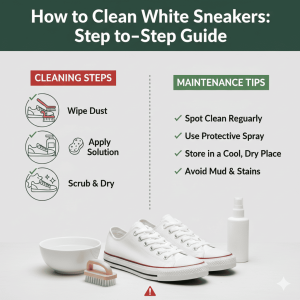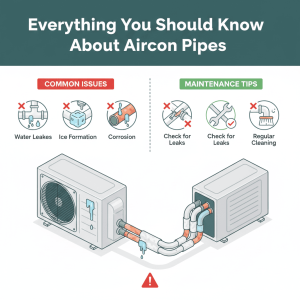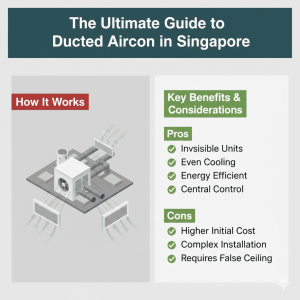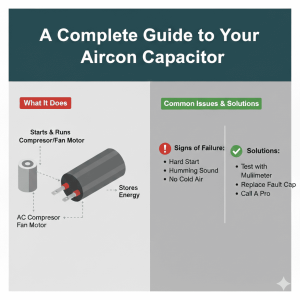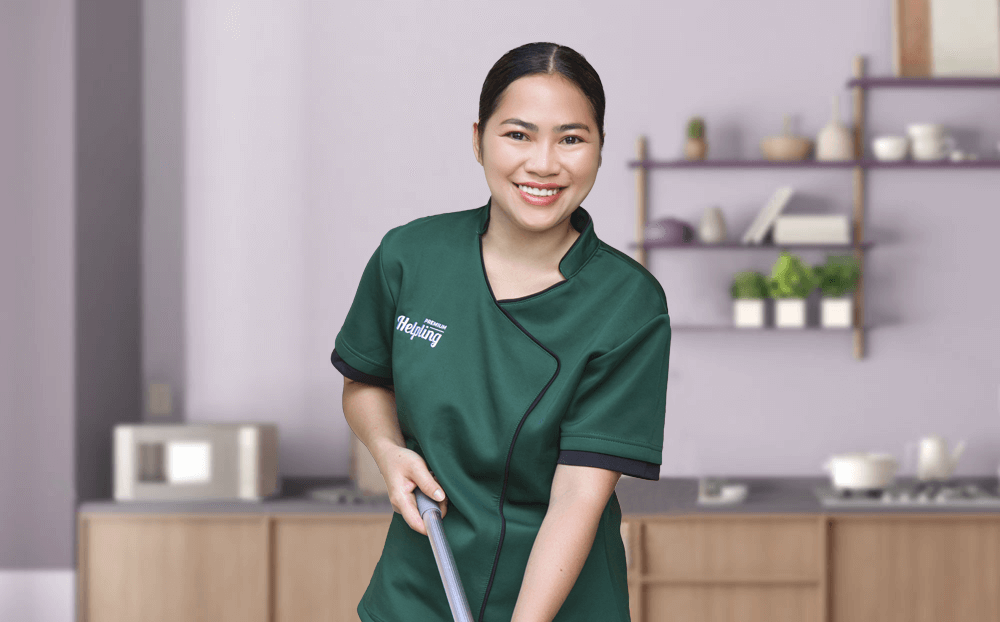As Singapore experiences a 28% rise in COVID cases in early May 2025, understanding how to protect yourself and your loved ones has never been more crucial.
The latest data from Singapore’s Ministry of Health reveals 14,200 reported cases for the week of April 27 to May 3, 2025, representing a significant increase from the previous week’s 11,100 cases.
Hospital admissions have climbed, with daily averages rising from 102 to 133 patients. However, ICU cases actually decreased slightly from three to two patients daily, suggesting that while more people are getting infected, the severity remains manageable for most patients.
The current surge is driven by two dominant variants: LF.7 and NB.1.8. Both are descendants of the JN.1 variant and together account for more than two-thirds of locally sequenced cases in Singapore. These variants generally cause mild symptoms similar to other Omicron subvariants, and current vaccines remain effective against severe illness.
Singapore’s health authorities emphasize that this surge represents part of the expected pattern as COVID-19 transitions into an endemic disease. The Ministry of Health states that hospitals are managing the increased cases effectively, and there’s no indication that these variants are more transmissible or cause more severe disease than previous strains.
What are the official safety guidelines?
Singapore’s Ministry of Health has established clear guidelines centered on personal and social responsibility. Rather than imposing broad mandates, authorities focus on empowering individuals to make informed decisions about their health and safety.
The foundation of protection starts with maintaining excellent personal hygiene. Frequent handwashing with soap and water for at least 20 seconds remains one of the most effective prevention methods. When soap isn’t available, alcohol-based hand sanitizers containing at least 60% alcohol provide adequate protection. People should wash their hands before eating, after using toilets, after coughing or sneezing, and after touching public surfaces.
Respiratory etiquette plays an equally important role. Cover your nose and mouth with a tissue when coughing or sneezing, then immediately dispose of the tissue in a closed bin. If tissues aren’t available, coughing into your elbow is preferable to using bare hands. Avoid touching your face with unwashed hands.
Smart social responsibility means minimizing interactions when you feel unwell. If you have respiratory symptoms like a runny nose, sore throat, headache, or fever, stay home and avoid unnecessary travel. This approach protects both you and your community.
How do I protect my home?
Your home serves as your primary defense against COVID-19, and creating effective protection requires attention to cleaning, ventilation, and protocols for when someone becomes ill. The current COVID spike makes home protection strategies more crucial than ever for Singapore families.
High-touch surfaces need regular attention throughout your home. Doorknobs, light switches, remote controls, and countertops require cleaning and disinfection multiple times daily, especially when household members show symptoms. Focus on areas that family members touch frequently, including phones, tablets, keyboards, and handles on appliances and furniture.
Good ventilation significantly reduces airborne virus particles in indoor spaces. Opening windows regularly allows fresh air circulation and dilutes any virus particles that might be present. This simple step costs nothing but provides meaningful protection when combined with other safety measures.
When someone in your household feels unwell with respiratory symptoms, immediate action helps protect other family members. The sick person should isolate in a well-ventilated room separate from others when possible and use a dedicated bathroom if available. If leaving the isolation space becomes necessary, wearing a mask helps reduce transmission risk to other household members.
Regular cleaning and disinfection become more intensive when someone is sick. Clean frequently touched surfaces throughout the home multiple times daily using EPA-approved disinfectants. Pay attention to areas you might normally overlook, such as stair railings, wall switches, and any surfaces near the isolation area.
How do I stay safe at work and in public?
Singapore’s approach to workplace safety during the COVID surge builds on existing frameworks rather than imposing new emergency measures. The Tripartite Guidelines on Flexible Work Arrangements from December 2024 provide valuable tools for managing workplace COVID risks, including telecommuting and staggered hours that naturally reduce workplace density.
Office environment protection focuses on general health principles. Employers should provide guidance on safe work practices and conduct regular risk assessments. Shared workspace hygiene becomes more important during surges, with regular cleaning of shared equipment, meeting rooms, and common areas helping reduce transmission risks.
Navigating public spaces safely requires applying MOH guidelines to various environments. On public transport and in crowded public areas like shopping centers, individuals should consider wearing masks, especially if they’re vulnerable or if transmission levels are high. Maintaining good personal hygiene and limiting prolonged exposure in poorly ventilated crowded settings remain prudent measures.
Is it safe to travel to Singapore?
Singapore remains fully open to international visitors, with streamlined entry processes reflecting the country’s endemic management approach to COVID-19. The current surge doesn’t change Singapore’s welcoming stance toward travelers, though visitors should be aware of the situation and take appropriate precautions.
Entry requirements for Singapore as of May 2025 are remarkably simple. All travelers are welcome regardless of their COVID-19 vaccination status. There are no requirements for entry approvals, pre-departure COVID tests, on-arrival tests, quarantine, or mandatory COVID travel insurance imposed by Singapore’s government.
However, all travelers must complete the electronic Singapore Arrival Card within three days prior to arrival. This free online submission through the Immigration and Checkpoints Authority website includes a health declaration and serves as a public health surveillance tool.
Travel insurance, while not mandated by Singapore’s government, comes highly recommended. Several insurers offer plans including COVID-related coverage for medical expenses, trip cancellations, and quarantine allowances. For travelers planning visits during the current surge, preparation should include packing adequate masks for use in crowded places and carrying alcohol-based hand sanitizer with at least 60% alcohol.
Travel advisories from other countries provide perspective on the current situation. The United States maintains a Level 1 advisory for Singapore, indicating normal precautions without specific COVID warnings. The United Kingdom and Australia similarly focus on normal safety precautions rather than COVID-specific concerns.
When should you consider professional disinfection support?
Managing home safety during Singapore’s current COVID surge can feel overwhelming, especially when you’re already dealing with work pressures, family responsibilities, and the stress of keeping everyone healthy. While the daily cleaning practices we’ve outlined form your essential defense, some families find themselves in situations where professional support makes practical sense.
If someone in your household tests positive for COVID-19, the intensive cleaning required during and after their isolation period can be exhausting. You’re already managing their care, coordinating work arrangements, and monitoring other family members for symptoms. The professional disinfection services team at Helpling can handle the comprehensive cleaning needed to safely restore your home environment once recovery is complete.
Busy working families often struggle to maintain the increased cleaning frequency recommended during surges. When you’re juggling remote work calls while homeschooling children, or managing essential worker schedules that keep you away from home, finding time for the thorough, repeated disinfection of high-touch surfaces becomes genuinely challenging.
